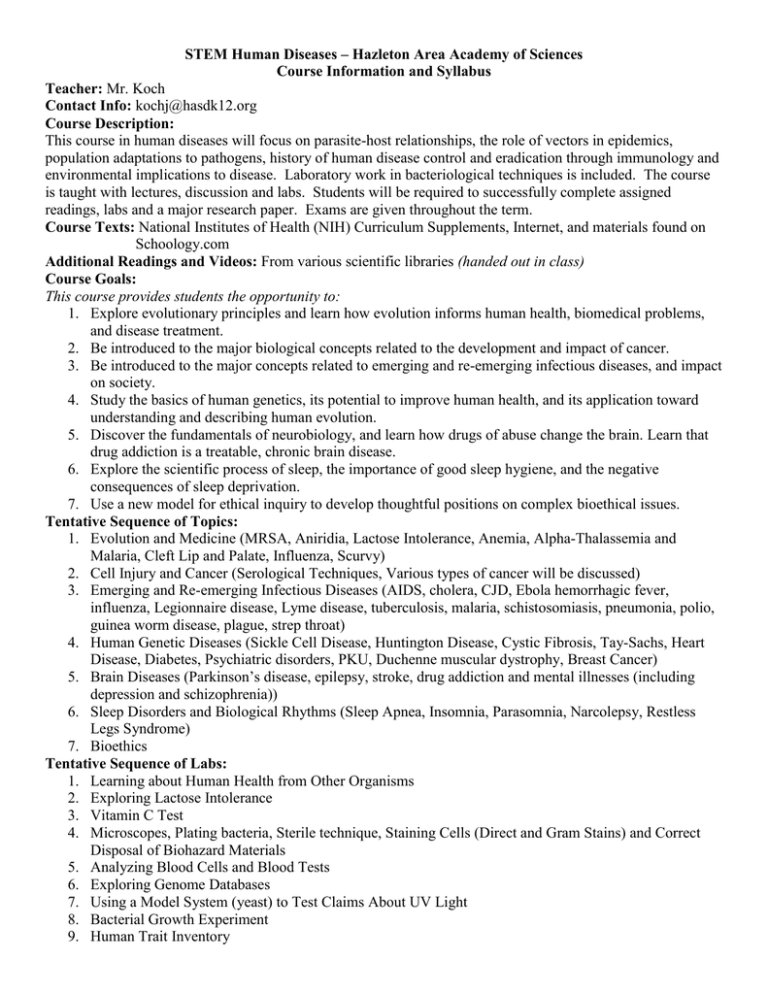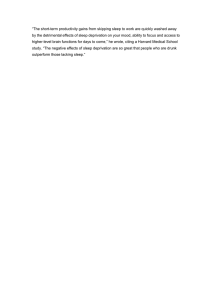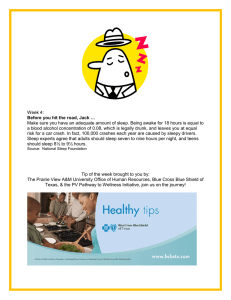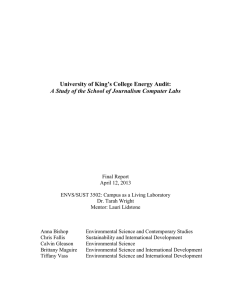STEM Human Diseases – Hazleton Area Academy of Sciences Teacher: Contact Info:
advertisement

STEM Human Diseases – Hazleton Area Academy of Sciences Course Information and Syllabus Teacher: Mr. Koch Contact Info: kochj@hasdk12.org Course Description: This course in human diseases will focus on parasite-host relationships, the role of vectors in epidemics, population adaptations to pathogens, history of human disease control and eradication through immunology and environmental implications to disease. Laboratory work in bacteriological techniques is included. The course is taught with lectures, discussion and labs. Students will be required to successfully complete assigned readings, labs and a major research paper. Exams are given throughout the term. Course Texts: National Institutes of Health (NIH) Curriculum Supplements, Internet, and materials found on Schoology.com Additional Readings and Videos: From various scientific libraries (handed out in class) Course Goals: This course provides students the opportunity to: 1. Explore evolutionary principles and learn how evolution informs human health, biomedical problems, and disease treatment. 2. Be introduced to the major biological concepts related to the development and impact of cancer. 3. Be introduced to the major concepts related to emerging and re-emerging infectious diseases, and impact on society. 4. Study the basics of human genetics, its potential to improve human health, and its application toward understanding and describing human evolution. 5. Discover the fundamentals of neurobiology, and learn how drugs of abuse change the brain. Learn that drug addiction is a treatable, chronic brain disease. 6. Explore the scientific process of sleep, the importance of good sleep hygiene, and the negative consequences of sleep deprivation. 7. Use a new model for ethical inquiry to develop thoughtful positions on complex bioethical issues. Tentative Sequence of Topics: 1. Evolution and Medicine (MRSA, Aniridia, Lactose Intolerance, Anemia, Alpha-Thalassemia and Malaria, Cleft Lip and Palate, Influenza, Scurvy) 2. Cell Injury and Cancer (Serological Techniques, Various types of cancer will be discussed) 3. Emerging and Re-emerging Infectious Diseases (AIDS, cholera, CJD, Ebola hemorrhagic fever, influenza, Legionnaire disease, Lyme disease, tuberculosis, malaria, schistosomiasis, pneumonia, polio, guinea worm disease, plague, strep throat) 4. Human Genetic Diseases (Sickle Cell Disease, Huntington Disease, Cystic Fibrosis, Tay-Sachs, Heart Disease, Diabetes, Psychiatric disorders, PKU, Duchenne muscular dystrophy, Breast Cancer) 5. Brain Diseases (Parkinson’s disease, epilepsy, stroke, drug addiction and mental illnesses (including depression and schizophrenia)) 6. Sleep Disorders and Biological Rhythms (Sleep Apnea, Insomnia, Parasomnia, Narcolepsy, Restless Legs Syndrome) 7. Bioethics Tentative Sequence of Labs: 1. Learning about Human Health from Other Organisms 2. Exploring Lactose Intolerance 3. Vitamin C Test 4. Microscopes, Plating bacteria, Sterile technique, Staining Cells (Direct and Gram Stains) and Correct Disposal of Biohazard Materials 5. Analyzing Blood Cells and Blood Tests 6. Exploring Genome Databases 7. Using a Model System (yeast) to Test Claims About UV Light 8. Bacterial Growth Experiment 9. Human Trait Inventory 2 10. Identification of Genetic Diseases 11. Are you Susceptible? – Rolling the Dice 12. How Does Caffeine Affect You? 13. Keeping a Sleep Diary Testing and Grading: Participation/Attendance 25% Exam 20% Tests 15% *Labs 15% Projects 15% *Quizzes 10% An Exam will be given at the end of each marking period. Tests are given at the completion of each topic. Quizzes will be given periodically during each topic. Students are notified one week in advanced for an upcoming Test and three days in advance for a Quiz. Two to three Labs will be completed per topic. Homework is assigned during the topics and collected for a grade at the end of the topics. If homework is handed in before the due date the student will be given extra credit on the assignment (*excludes tests and exams). If an assignment is hand in one day late 10% will be deducted from the grade. No assignments will be accepted one day after the due date. Check schoology.com for notes, upcoming graded events, and due dates. *The lowest Lab and Quiz grade will be dropped at the end of each marking period.





